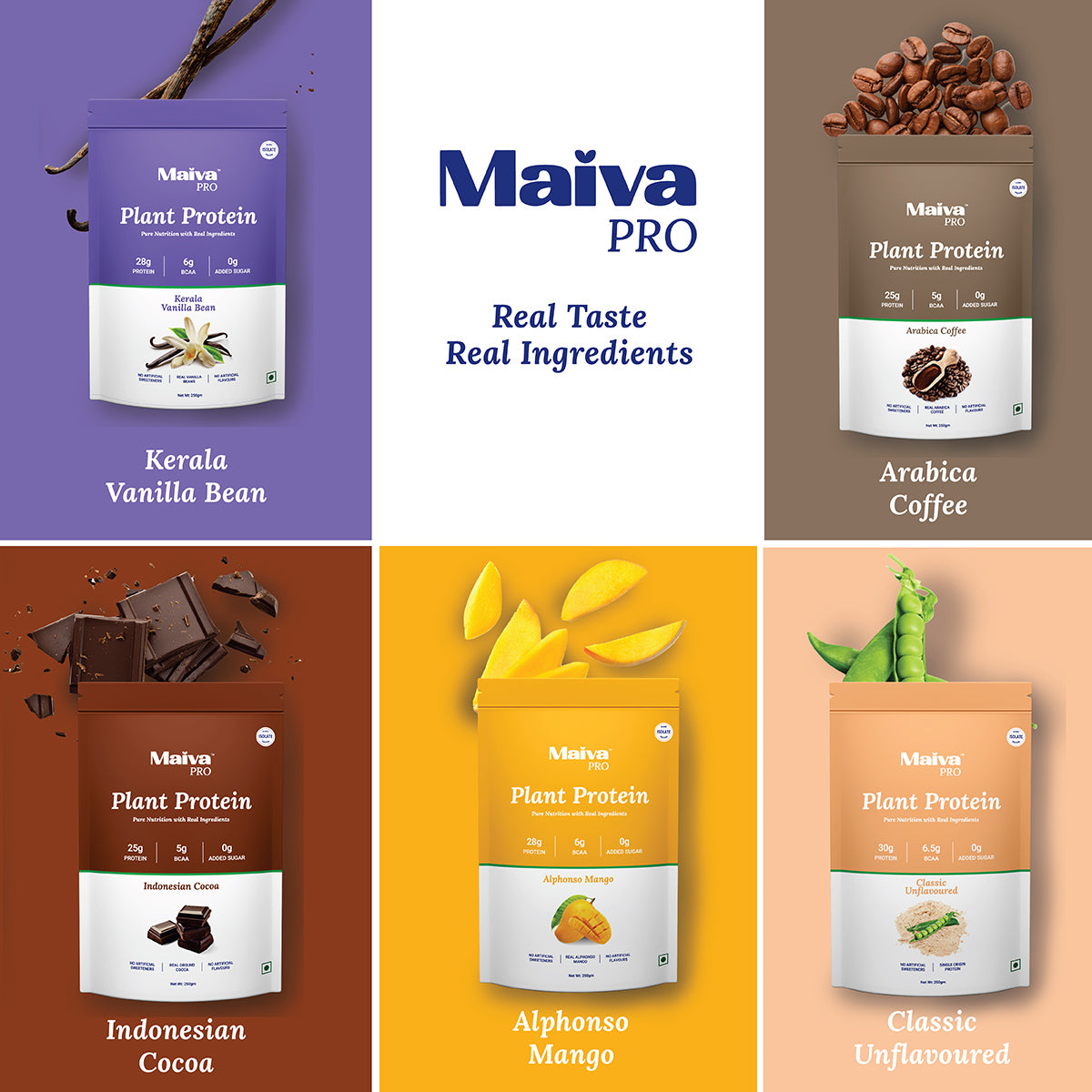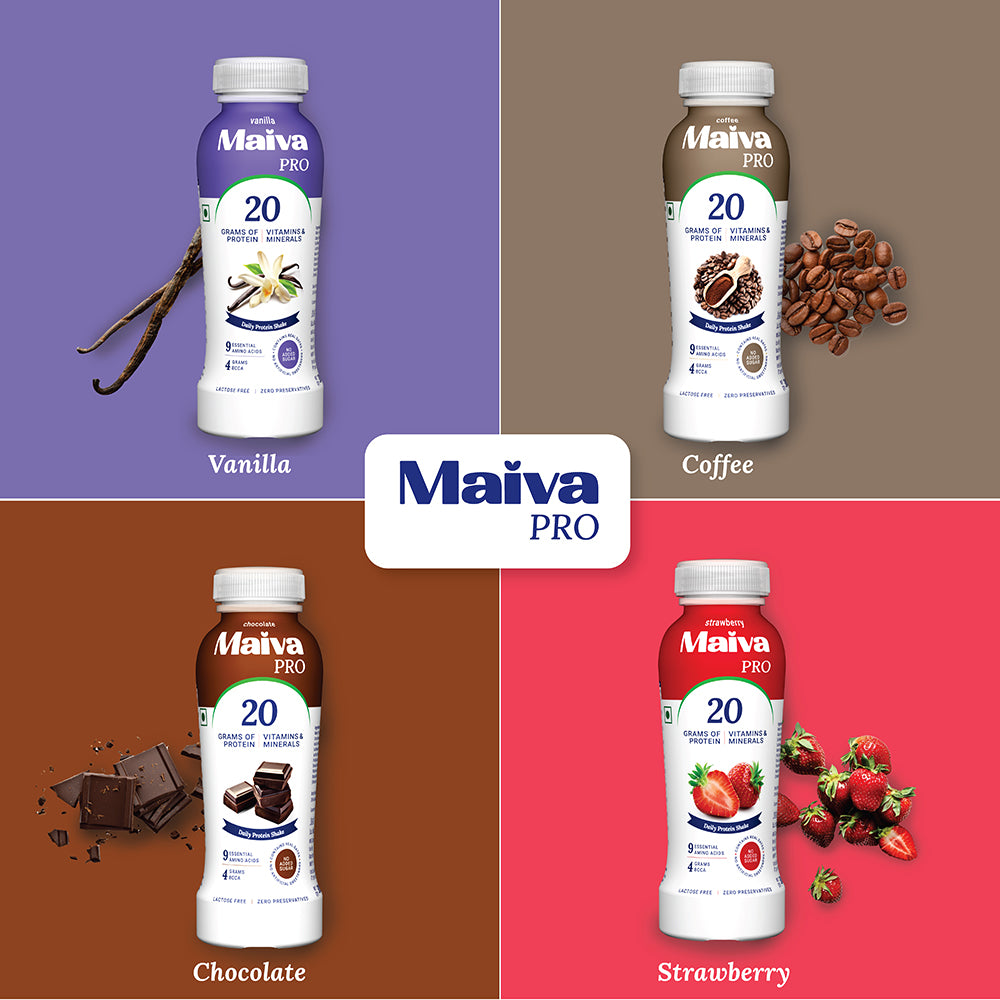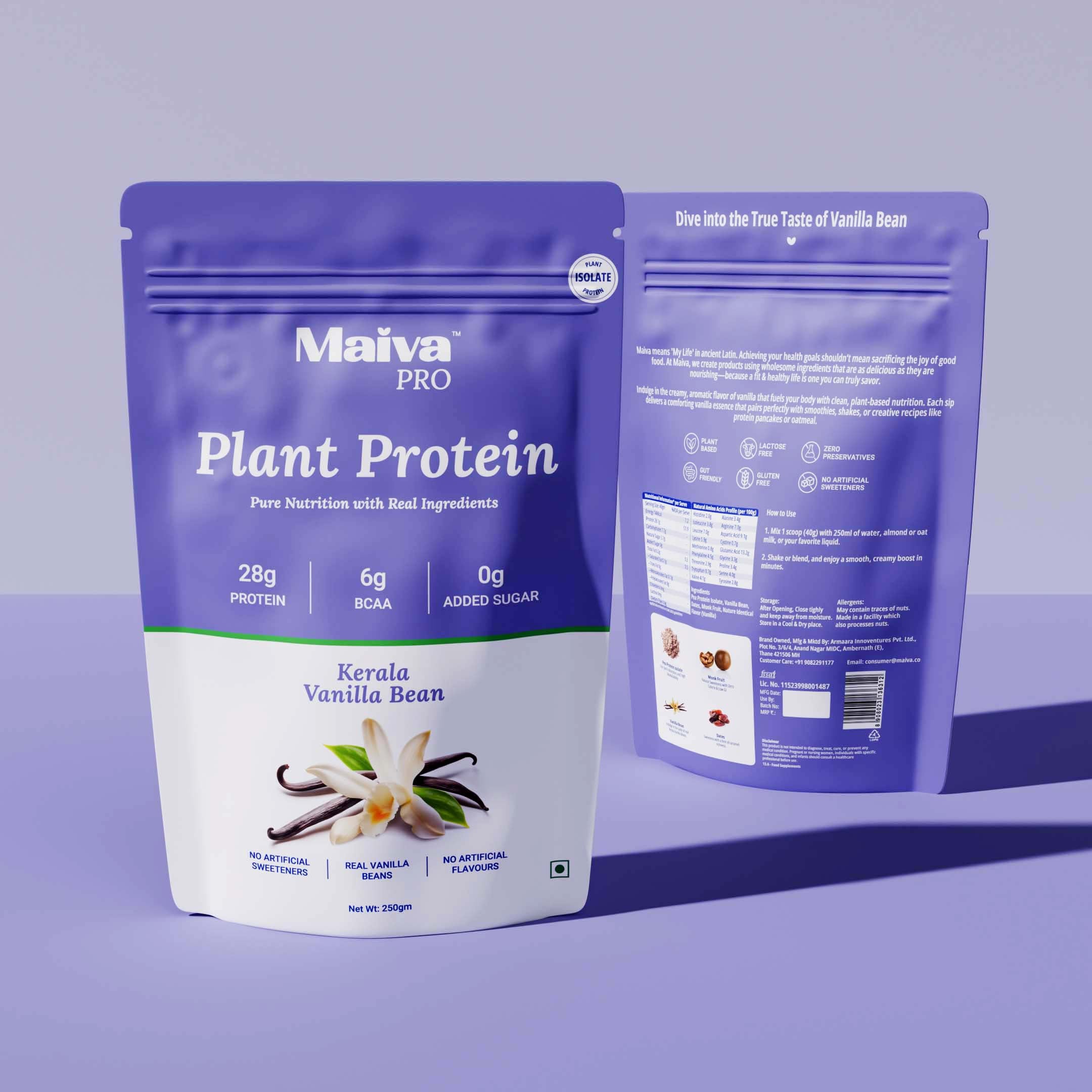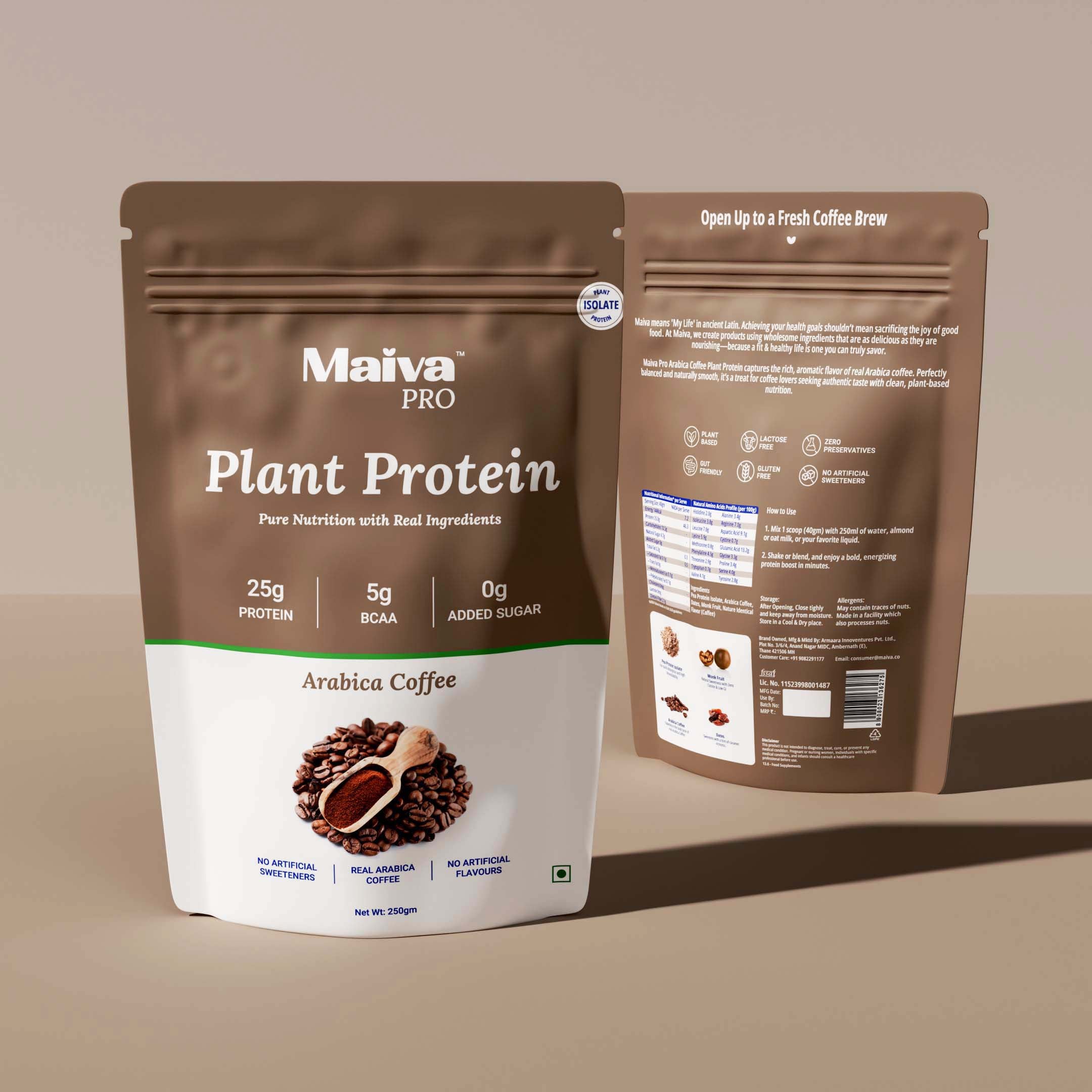The Vegan Pantry: Discovering the Power of Plant Based Foods & Superfoods (3/3)
1. Introduction - Vegan Nutrition: Fueling the Body with Plant-Based Bounty
In the realm of health and wellness, the adage "you are what you eat" resonates with profound truth, especially when we consider the burgeoning interest in vegan plant-based diets. As our world becomes increasingly health-conscious, plant nutrition emerges not just as a dietary choice, but as a lifestyle that harmonizes our well-being with the environment. This article embarks on a journey to uncover the essence of plant-based nutrition, exploring its rich tapestry that weaves together the threads of health, history, and sustainable living.
From the leafy greens in our gardens to the colorful array of vegetables on our plates, every bite of plant-based food carries the promise of nature's goodness. But what exactly constitutes a plant-based diet, and why has it evolved to become a cornerstone of modern nutrition? As we delve into the evolution of plant-based eating, we'll uncover the intricate dance of macronutrients and micronutrients that plants offer, painting a picture of a diet that is as nourishing as it is ethically and environmentally sound.
The roots of this dietary choice run deep into our evolutionary past, suggesting a connection between our ancestors and their reliance on the earth's bounty. Today, science reinforces what nature has always hinted at – that a diet rich in plants can bolster our health in a myriad of ways. Through the lens of research and real-life success stories, we'll witness the transformative power of plant-based diets on human health.
As we look towards the future, the seeds of plant-based eating sown today promise to shape the global food trends of tomorrow. This article not only aims to enlighten but also to inspire. We invite you to join us in this exploration, to experiment with plant-based meals, and to share your experiences. Together, let's embrace the bounty that the earth offers and fuel our bodies and souls with the purest form of nutrition.
2. Veganism - The Evolution of Plant-Based Eating
In the dawn of human history, our ancestors were hunter-gatherers, consuming a diet that was shaped largely by the environment and available resources. This primal diet was a mixture of foraged plant foods and hunted meat, with the balance swinging based on geographical location and season. In lush environments, plant foods – fruits, nuts, seeds, and leafy greens – formed the bulk of the diet, whereas in harsher, less vegetative regions, meat became a crucial source of calories and nutrients.
The hunter-gatherer diet had its advantages and limitations. The consumption of meat provided high-density energy and essential nutrients like B12; a vitamin not readily available in plants. It supported the energy needs of a nomadic lifestyle, which involved extensive physical activity. However, this diet was also unpredictable and depended heavily on the success of the hunt, which was not always guaranteed.

2.1. The Shift to Agriculture: Plant-Based Diets Take Root
The advent of agriculture about 10,000 years ago marked a significant shift in human dietary patterns. As societies began to farm and settle, there was a gradual transition from the meat-centric hunter-gatherer diet to one more reliant on cultivated plants. This agricultural revolution brought about staples like wheat, rice, and corn, which became the cornerstone of human diets.
This shift was not just a matter of convenience but also of necessity. Farming allowed for more stable food supplies and supported growing populations. Plant-based foods offered several advantages – they were less resource-intensive than hunting, provided a variety of nutrients, and were storable, which was crucial for food security.
3. Modern Resurgence of Vegan Diets
In recent times, there has been a resurgence in plant-based diets, but for reasons that extend beyond mere survival. Today's plant-based diets are a conscious choice driven by various factors – health benefits, environmental concerns, and ethical considerations regarding animal welfare.
Modern science has played a pivotal role in this resurgence. Research has shown that plant-based diets are linked to lower risks of heart disease, obesity, and certain types of cancer. Plants are rich in fiber, antioxidants, vitamins, and minerals, which are essential for maintaining good health. Moreover, with the growing concern about climate change, plant-based diets are seen as more sustainable, as they require fewer natural resources and produce less greenhouse gas emissions compared to meat-based diets.
In the next section, we'll delve deeper into the nutritional makeup of plant-based foods, exploring the rich array of macronutrients and micronutrients that underpin their health benefits.

4. The Nutritional Spectrum of Plant-Based Foods
When it comes to nutrition, plants offer a rich array of macronutrients – carbohydrates, proteins, and fats – essential for sustaining life and energy. Contrary to common misconceptions, a well-planned plant-based diet can provide ample proteins. Legumes, nuts, seeds, and whole grains are excellent sources of plant-based proteins, rivaling animal proteins in quality and digestibility. These foods are not only rich in protein but also provide dietary fiber, which is absent in animal products.
Carbohydrates in plant-based diets come primarily from whole, unprocessed sources like fruits, vegetables, and whole grains. These carbohydrates are packed with fiber, vitamins, and minerals. They provide steady energy, help regulate blood sugar, and maintain digestive health.
Fats are another key macronutrient, and plant-based diets offer healthy fats from sources like avocados, nuts, seeds, and olive oil. These fats are essential for brain health, hormone production, and absorbing fat-soluble vitamins.
Micronutrients are where plant-based diets truly shine. They are rich in vitamins, minerals, antioxidants, and phytonutrients – compounds that play crucial roles in maintaining health and preventing diseases. Leafy greens like spinach and kale are high in iron, calcium, and vitamins A, C, and K. Fruits, particularly berries, are loaded with antioxidants that combat oxidative stress and inflammation.
Cruciferous vegetables like broccoli and Brussels sprouts are packed with glucosinolates, compounds known for their cancer-fighting properties. Whole grains, seeds, and nuts are excellent sources of B vitamins, magnesium, zinc, and selenium, all of which are vital for energy metabolism, immune function, and cellular repair.
4.1. Addressing Nutritional Concerns in Plant-Based Diets
One of the key considerations in a plant-based diet is ensuring a well-rounded intake of all essential nutrients. While plant-based diets are inherently rich in many nutrients, there are certain nutrients like vitamin B12, vitamin D, omega-3 fatty acids, and iron, where mindful planning is required. Fortified foods and supplements can play a role in bridging these nutritional gaps.
It's also important to consider the bioavailability of nutrients – how well our body can absorb and use them. For instance, iron from plant sources (non-heme iron) is less readily absorbed than iron from animal sources. However, combining iron-rich plant foods with vitamin C-rich foods can enhance absorption.
The next section will delve into the science behind plant-based diets and their impact on human health, exploring how these diets not only nourish us but also protect against various diseases.
5. Transformative Impact: Real-Life Impact of Vegan Plant-Based Diets
The potential of plant-based diets for profound health improvements serves as powerful motivators for others considering a similar path. We discuss two common concerns in modern day living and benefit of plant-based diet in managing those
5.1. Managing & Overcoming Type 2 Diabetes
Plant-based eating patterns are associated with a reduced risk of developing type 2 diabetes and are highly effective in its treatment. Diets emphasizing whole grains, vegetables, fruits, and legumes improve blood glucose concentrations, body weight, plasma lipid concentrations, and blood pressure, reducing the risk of cardiovascular diseases.
A whole-food, plant-based diet is linked to remission in type 2 diabetes and offers benefits like reduced blood pressure, lower cholesterol, improved heart health, and better diabetes outcomes.

5.2. Improving Athletic Performance and Recovery
A plant-based diet provides all the nutrients needed for training and competition. Being high in carbohydrates, low in fat, and rich in vitamins, minerals, and antioxidants, it can support or improve athletic performance.
Evidence suggests that a plant-based diet might improve athletic performance and recovery time after exercise. A study in the 'International Journal of Sport Nutrition and Exercise Metabolism' found that a vegan diet was associated with better endurance.
"I am a firm believer in eating a full plant-based, whole food diet that can expand your life length and make you an all-around happier person"






